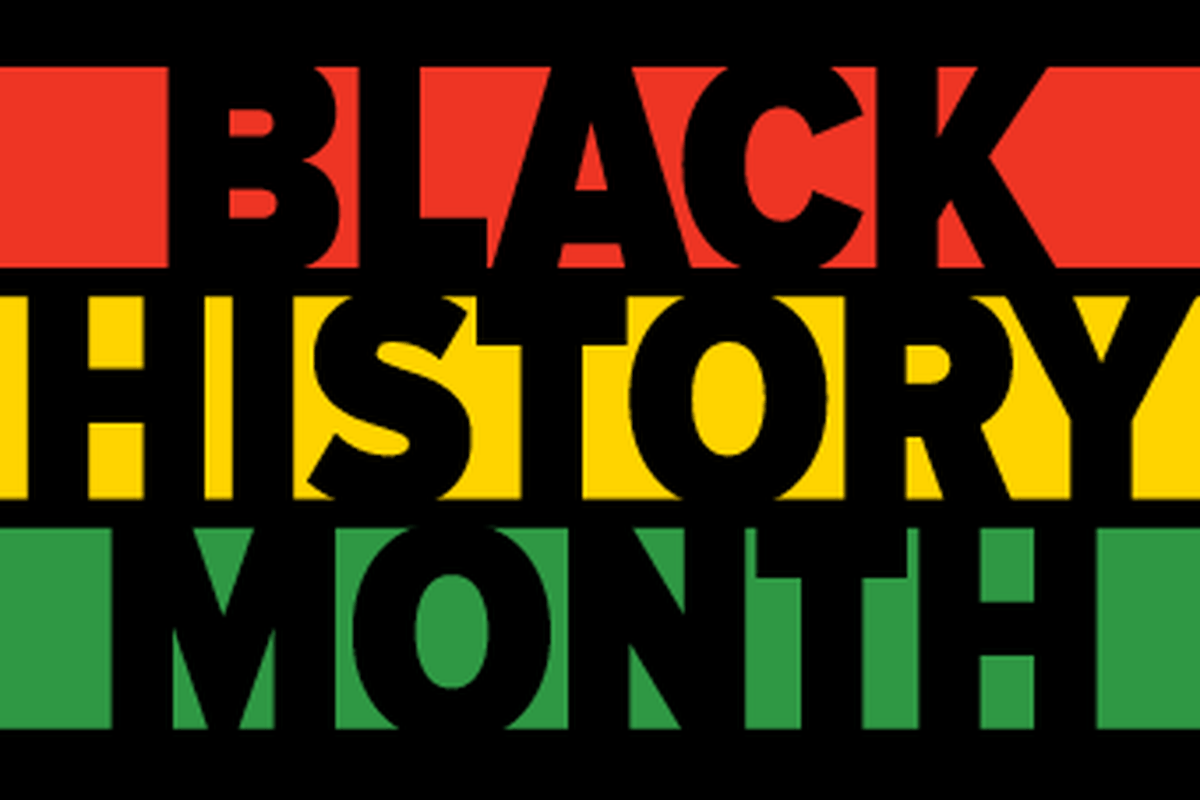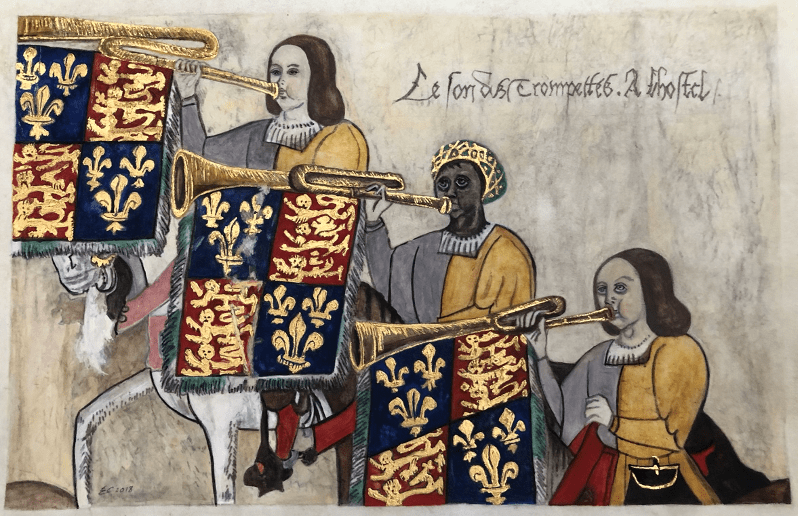

John Blanke
John Blanke (also Blancke or Blaaak; fl. 1501–1511) was an African musician active in London during the early Tudor era, likely arriving as part of Catherine of Aragon’s entourage in 1501. He is one of the earliest recorded black people in post-Roman Britain, and his name may refer to his skin colour or derive from the French "blanc", meaning white.
Little is known of his life, but records show he was paid 8 pence daily by Henry VII and later received a pay rise under Henry VIII. John Blanke petitioned for a pay rise from his then current daily rate of 8 pence to the 16 pence that his colleagues enjoyed. He argued that the easiest way to bring this about was to promote him into the role occupied by another trumpeter, Dominic Justinian, who had recently died in post. It shows the growing confidence of a man who enjoyed the king’s favour. His annual wage was considerably higher than that of labourers and servants.
Blanke played at major royal events, including Henry VII’s funeral and Henry VIII’s coronation, and is believed to have married in 1512. He is thought to be the black trumpeter depicted in the 1511 Westminster Tournament Roll, where he is shown in distinctive turbans.
Black trumpeters and drummers were present at European courts from at least the 12th century and appear in historical records from several cities during the Renaissance, including Naples and Scottish and Tuscan courts.
Blanke’s legacy is celebrated today: he was named one of 100 Great Black Britons in 2020, inspired a character in Akala’s "The Dark Lady", and was honoured with a blue plaque in Greenwich in 2022. The John Blanke Project, led by Michael Ohajuru, culminated in the 2025 publication of "Who is John Blanke? Artists and Historians Reimagine the Black Tudor Trumpeter".